
Emirates, the world’s largest international airline by seat capacity, is set to launch a daily non-stop service between Dubai and Hangzhou from 30 July 2025, marking a significant expansion of its footprint in mainland China.
Hangzhou will become Emirates’ fifth gateway city in China, joining Beijing, Guangzhou, Shanghai, and Shenzhen. The route will be operated with a three-class Boeing 777-300ER aircraft, offering a weekly capacity of 2,478 seats across business, premium economy, and economy cabins.
The flight schedule is designed to facilitate seamless global connections: EK310 departs Dubai at 09:40 (GST) and arrives in Hangzhou at 22:00 (CST), while the return flight EK311 departs Hangzhou at 00:10 and arrives in Dubai at 04:55.

These timings allow passengers to connect efficiently through Dubai’s hub to 38 destinations in Europe, 22 in Africa, 11 in the Middle East, as well as cities in Brazil and Argentina, including Istanbul, Barcelona, Cairo, and Johannesburg.
Adnan Kazim, Emirates’ Deputy President and Chief Commercial Officer, highlighted that the new route is a pivotal development in the airline’s operations in the Chinese mainland and East Asia.
Hangzhou’s status as a global hub for innovation, e-commerce, and advanced manufacturing makes it a strategic choice for Emirates, aligning with the airline’s broader growth strategy and its commitment to strengthening economic, technological, and cultural ties between the Middle East and China.

The launch of this daily service is expected to significantly boost tourism and business travel between the two regions. Hangzhou, known for its iconic West Lake, UNESCO heritage sites, and as the headquarters of major tech companies, attracts both leisure and business travelers. The new route not only increases passenger options but also enhances cargo connectivity, supporting the region’s fast-growing trade and logistics sectors.
With this expansion, Emirates now operates 49 weekly flights to mainland China, including double daily services to Beijing and Shanghai. The move is seen as a response to increasing demand for connectivity between the Middle East and China’s most dynamic cities, further cementing Dubai’s role as a global aviation hub and Hangzhou’s emergence as a key international gateway in Eastern China









.jpg)
.jpg)










.jpg)









.jpg)




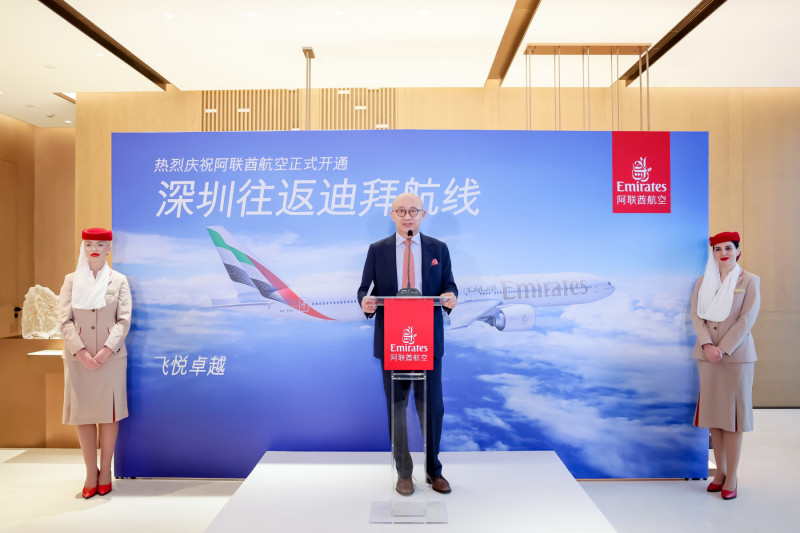
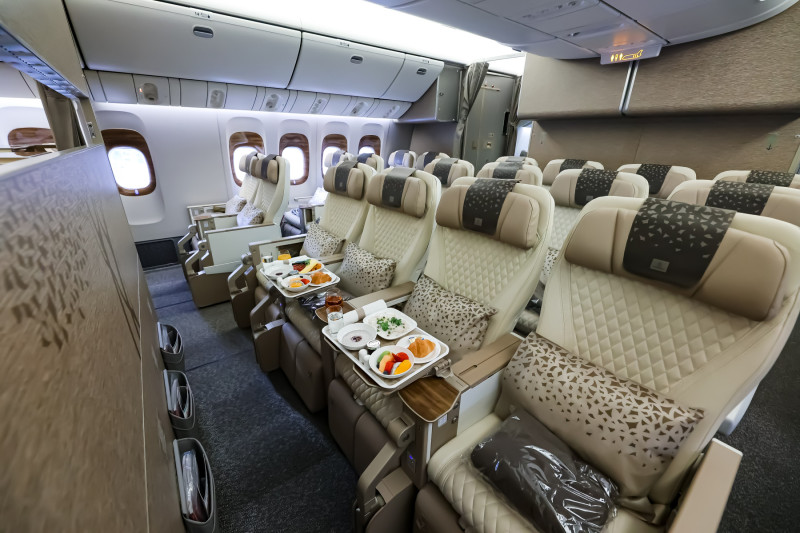
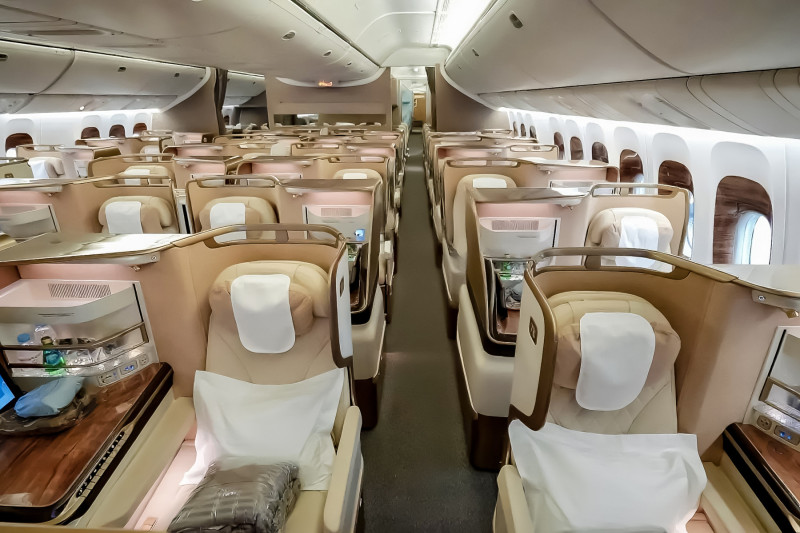
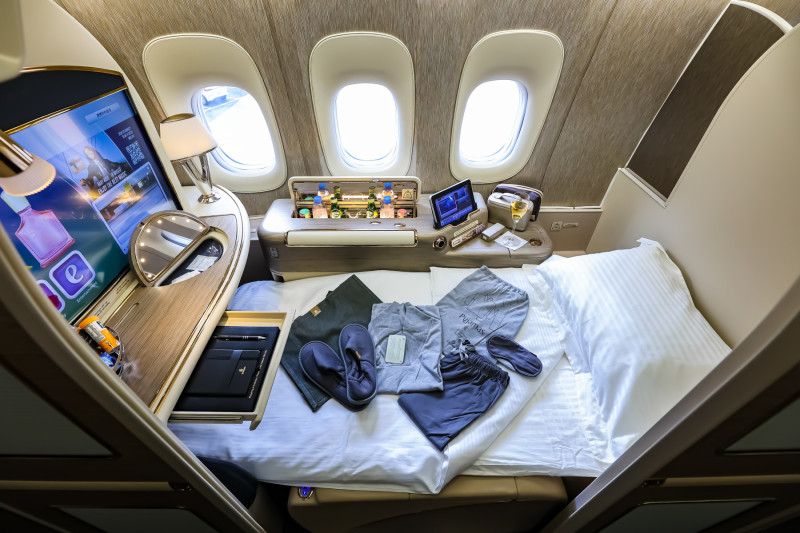
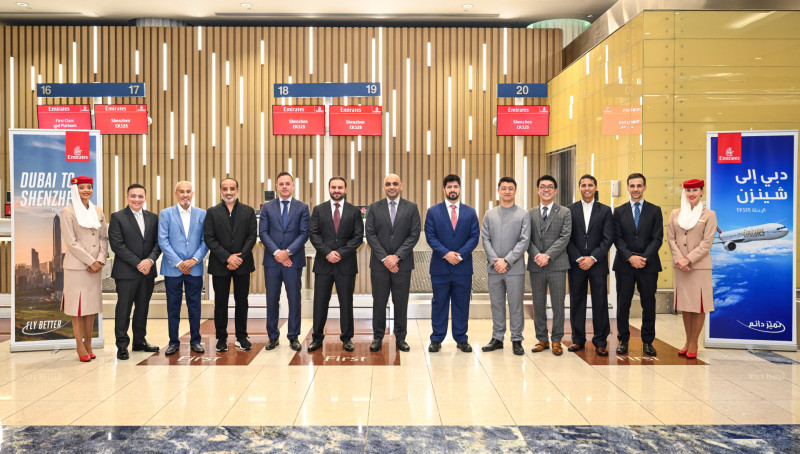




.jpg)


.jpg)
.jpg)






.jpg)
